Ethyl2-methylthiazole-4-carboxylate CAS:6436-59-5
| Catalog Number | XD95890 |
| Product Name | Ethyl2-methylthiazole-4-carboxylate |
| CAS | 6436-59-5 |
| Molecular Formula | C7H9NO2S |
| Molecular Weight | 171.22 |
| Storage Details | Ambient |
Product Specification
| Appearance | White powder |
| Assay | 99% min |
Ethyl 2-methylthiazole-4-carboxylate is an organic compound that possesses various effects and implications in different fields. In this 300-word essay, we will explore the effects of ethyl 2-methylthiazole-4-carboxylate and its significance in various applications.First and foremost, ethyl 2-methylthiazole-4-carboxylate is widely recognized for its powerful odorant properties. It is commonly used as a constituent in the fragrance and flavoring industry, adding a distinct roasted, nutty, and caramel-like scent to various products. Its application ranges from enhancing the aroma of baked goods and confectionery to being a key ingredient in coffee and tea flavorings. The unique olfactory notes provided by ethyl 2-methylthiazole-4-carboxylate contribute to the overall sensory experience of these products.Moreover, ethyl 2-methylthiazole-4-carboxylate has been found to exhibit biological activities, particularly as an antimicrobial agent. Studies have shown that this compound possesses antimicrobial properties, inhibiting or killing certain strains of bacteria and fungi. This antimicrobial effect makes it a potentially valuable component in the development of antimicrobial drugs or as an additive in products that require microbiological preservation.Additionally, ethyl 2-methylthiazole-4-carboxylate has been studied for its potential role in cancer research. Some studies have indicated that this compound exhibits anticancer properties and can inhibit the growth of cancer cells. It has shown promise in experimental models, leading to further exploration of its potential application in cancer treatment or the development of novel anticancer drugs.Furthermore, ethyl 2-methylthiazole-4-carboxylate can also serve as a key intermediate in organic synthesis. Its chemical structure and reactivity make it a versatile starting material for the synthesis of more complex molecules. This compound can undergo various chemical transformations, enabling the production of a wide range of products in pharmaceutical, agricultural, and material sciences.In conclusion, ethyl 2-methylthiazole-4-carboxylate exhibits diverse effects and possesses significant implications in fragrance and flavoring, antimicrobial activity, cancer research, and organic synthesis. Its unique odorant properties contribute to the sensory experience of various consumer products. Moreover, its antimicrobial and potential anticancer properties make it a target of interest for both medical and pharmaceutical research. Furthermore, its reactivity as an intermediate in organic synthesis allows for the production of diverse compounds. As research into ethyl 2-methylthiazole-4-carboxylate continues, further applications and benefits of this compound may be discovered.


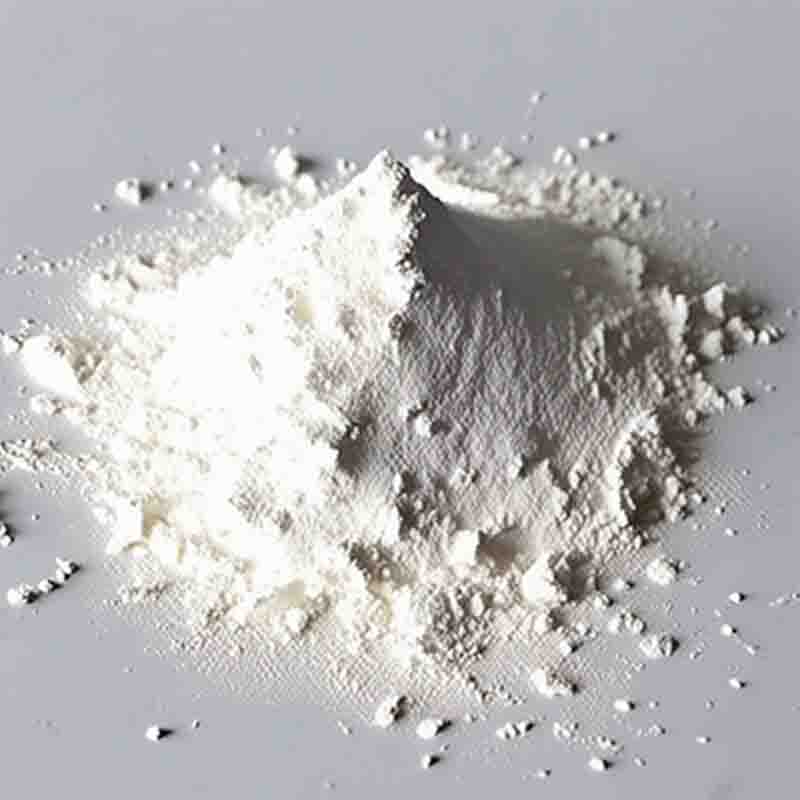

![N-[3-(Isodecyloxy)propyl]propane-1,3-diamine Cas:72162-46-0](https://cdn.globalso.com/xdbiochems/未标题-190.jpg)
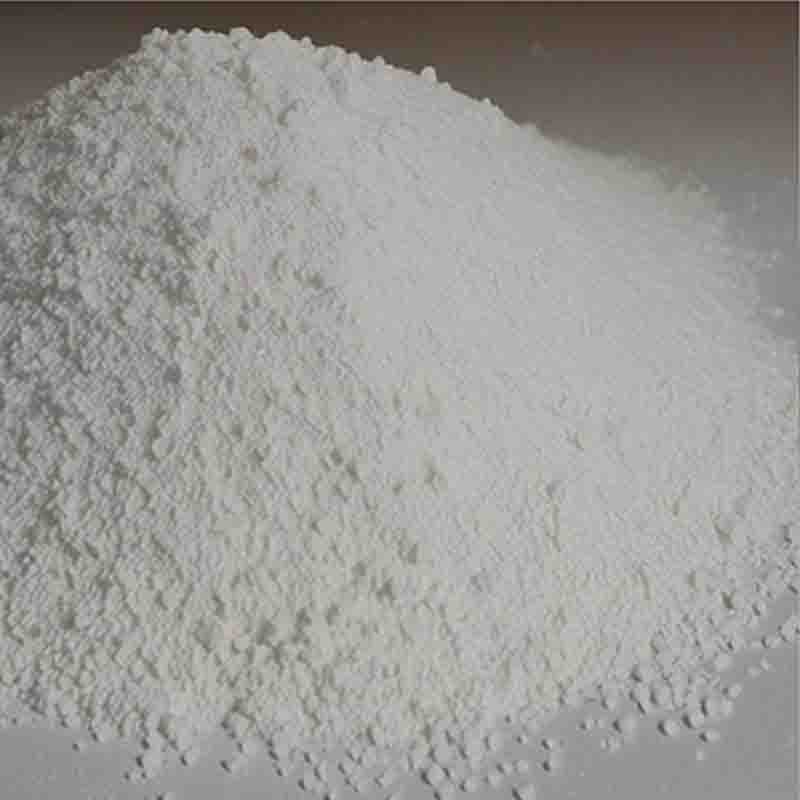
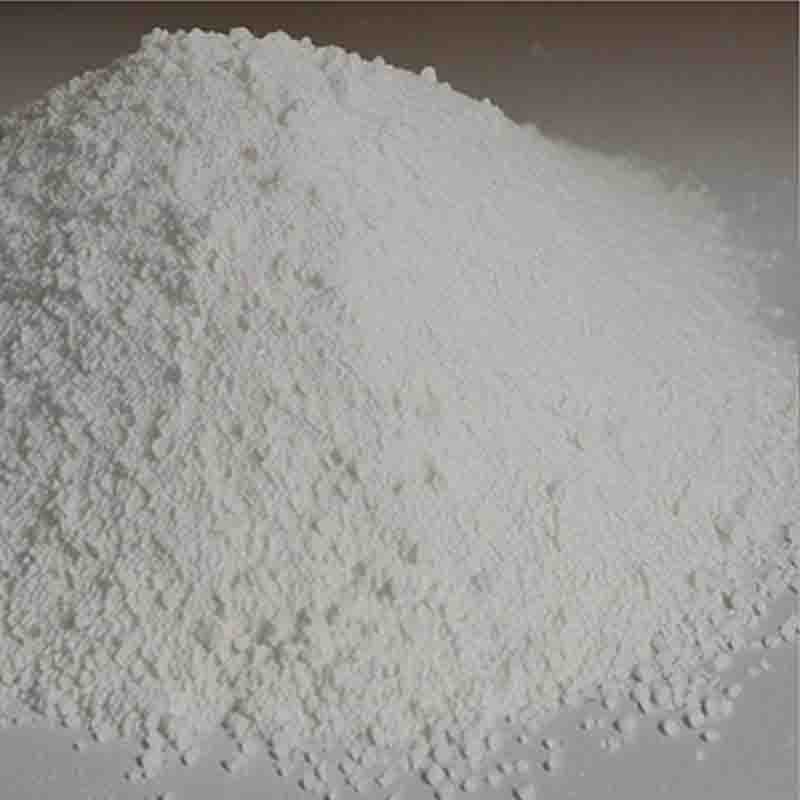
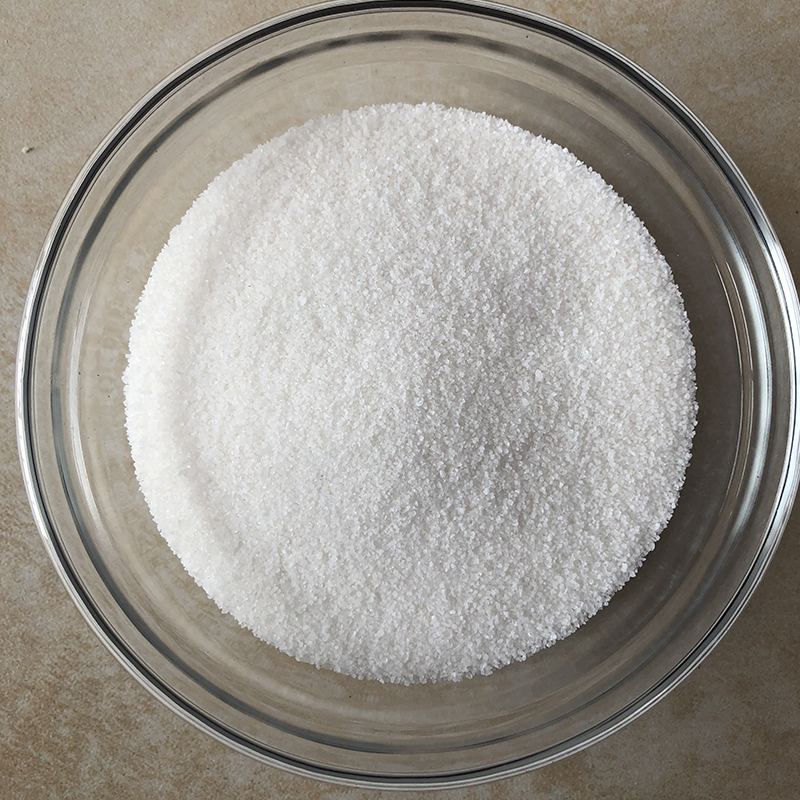
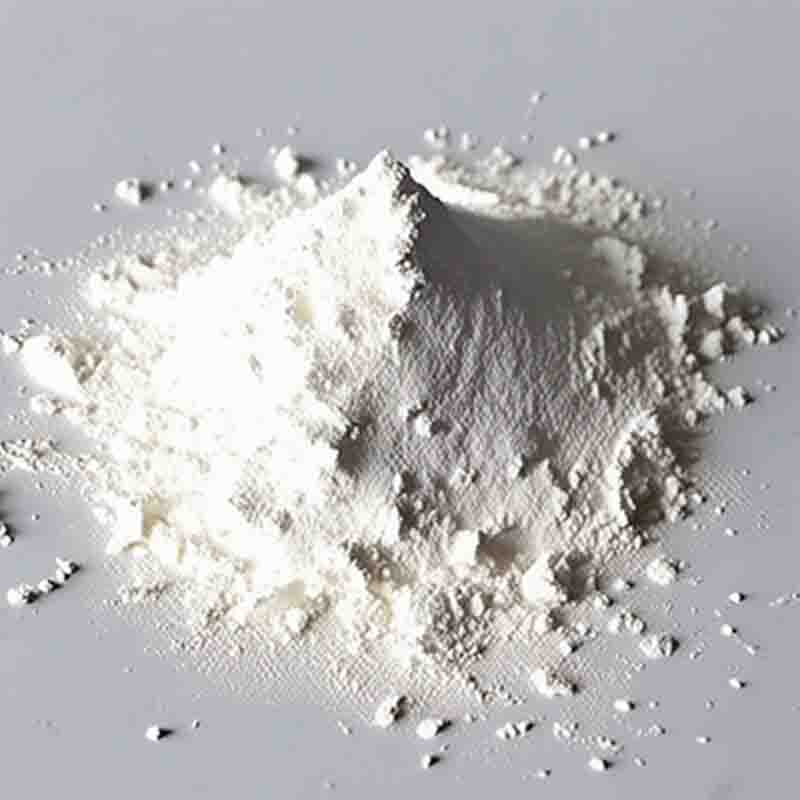
![Methyl 1-[(2'-cyanobiphenyl-4-yl)methyl]-2-ethoxy-1H-benzimidazole-7-carboxylate CAS: 139481-44-0](https://cdn.globalso.com/xdbiochems/白色粉末985.jpg)